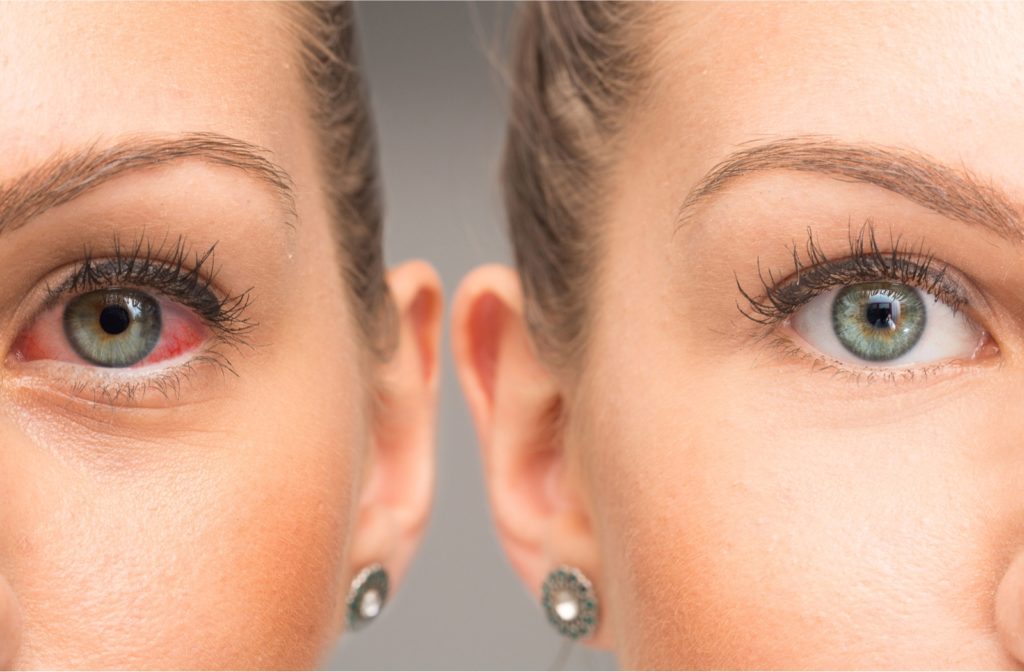Globally, an increasing number of children are becoming myopic. Many parents are concerned because this eye disease can worsen year after year. Your child’s well-being is the most important thing to you as their parent. How do you keep their vision from deteriorating if they have myopia? Special types of contact lenses have been shown […]
Multifocal Contacts for Myopia Control: How They Work













